Syria’s transition towards stability and global cooperation
- Update Time : Tuesday, December 17, 2024
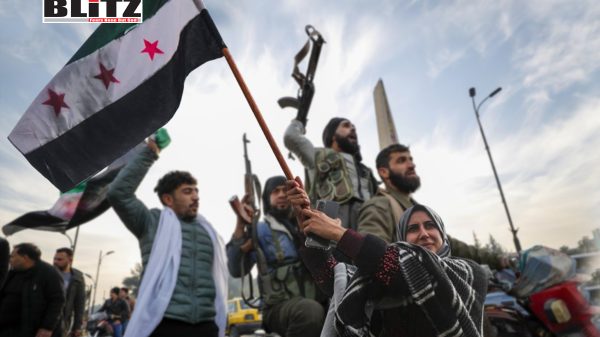
The past few weeks have marked an extraordinary turning point for Syrians. The elation of being free from the Assad regime for the first time in over five decades has inspired widespread celebrations across Syrian cities. For many, it is a long-awaited moment of triumph, symbolizing the end of an era marred by repression, brutality, and despair. However, while this newfound freedom is cause for celebration, the path to a peaceful and prosperous Syria is fraught with challenges that will require careful navigation and concerted effort.
The transition must be inclusive, legitimate, and credible. Regional and international actors must play a constructive role, shedding past missteps and prioritizing the needs and voices of the Syrian people. For Syria to rise from the ashes of its tragic history, humility, cooperation, and long-term commitment are essential.
The global response to Syria’s crisis over the last 14 years offers a cautionary tale. Many international players have acted in ways that prioritized their own geopolitical interests rather than the well-being of Syrians. Some states excused the Assad regime’s atrocities, while others armed extremist factions, inadvertently exacerbating divisions and prolonging the conflict. Rather than fostering unity, such interventions often deepened Syria’s polarization.
The West, particularly the United States and Europe, has also fallen short in its responsibilities to Syrians. As the conflict dragged on, humanitarian aid was scaled back, and asylum policies grew increasingly restrictive. Recent announcements by some European states to pause Syrian asylum applications illustrate this detachment, reflecting a failure to support Syrians during one of the most critical junctures in their history.
This history underscores the importance of adopting a different approach. International actors must avoid repeating past mistakes and instead focus on fostering an inclusive and legitimate transition process.
External powers often obsess over identifying the “right” individual or group to lead transitional periods. In Syria’s case, this approach would be a grave misstep. The country’s deeply fractured society, traumatized by years of war and displacement, cannot be unified by focusing solely on leadership. Instead, the emphasis must be on building a robust, inclusive process that ensures all Syrians-regardless of ethnicity, religion, or political affiliation-have a stake in shaping their country’s future.
The transition must address critical power dynamics. For instance, Hayat Tahrir al-Sham (HTS), a militant group that holds significant sway in parts of northern Syria, must not be allowed to monopolize power. While HTS may seek international recognition, this must be strictly conditioned on its commitment to inclusivity, power-sharing, and adherence to basic human rights. HTS’s history suggests it is not inclined toward these principles, but international pressure and incentives could compel it to embrace reform.
Ultimately, any transitional leadership must pave the way for the dissolution of all armed groups, including HTS, in favor of a political system that reflects Syria’s diverse population.
Decades of mismanagement, compounded by years of war and crippling sanctions, have devastated Syria’s economy. Today, over 90% of Syrians live below the poverty line, and rebuilding the country will require both immediate humanitarian assistance and long-term economic strategies.
The easing of American and European sanctions is a crucial step. Sanctions that disproportionately harm ordinary Syrians should be lifted in phases, prioritizing measures that alleviate the daily struggles of the population. Unlocking frozen Assad regime assets in foreign states-such as the £163 million stashed away in the UK-could provide a much-needed boost to Syria’s recovery efforts. However, such funds must be carefully managed to ensure they benefit the broader population and are not misappropriated.
Revitalizing Syria’s agricultural economy and education system should be at the forefront of development aid efforts. Agriculture has historically been a cornerstone of Syria’s economy, and its revival would help stabilize food security and provide livelihoods for millions. Similarly, rebuilding schools and universities is essential to empower the next generation of Syrians and foster long-term growth.
The United Nations must play a central role in Syria’s transition, leveraging its unique legitimacy to coordinate international efforts. However, the UN’s current approach requires strengthening. The organization needs a more proactive strategy, beginning with the appointment of a new envoy to Syria. Ideally, this envoy should be an Arab with deep cultural and linguistic understanding, capable of connecting with Syrians across the country and mediating between diverse stakeholders.
The UN must also address the challenge posed by Russia, a veto-wielding member of the Security Council that has historically acted as a spoiler in Syria. Diplomatic efforts should aim to engage Russia constructively while preventing it from undermining the transition process.
Syria’s transition is not just a domestic issue; it has significant regional and international implications. Therefore, restraining external powers that are actively interfering in Syria is imperative.
Israel’s ongoing airstrikes and territorial ambitions must cease. Such actions not only undermine Syria’s sovereignty but also exacerbate tensions at a time when stability is desperately needed. Similarly, Turkiye must end its military campaigns against Kurdish forces. While Turkiye has legitimate security concerns, these should be addressed through diplomatic agreements rather than unilateral military actions.
Both nations, along with other regional players, must recognize that a stable Syria is in everyone’s interest. A fractured, failing state will continue to export instability, fueling refugee crises, terrorism, and regional insecurity.
The humanitarian crisis in Syria remains one of the most pressing challenges. Donor states must ensure that aid reaches the most vulnerable populations, regardless of their location. During Assad’s rule, aid was often manipulated to favor loyalist areas, leaving many communities underserved. This must not happen again.
Development aid should focus on building self-sufficiency, helping Syrians rebuild their lives and communities. Investments in agriculture, education, and healthcare can lay the foundation for a more resilient society.
Syria’s transition presents an opportunity to correct decades of injustice and neglect. However, this will require an unprecedented level of cooperation, humility, and commitment from both regional and international actors. Success depends on prioritizing the voices and needs of Syrians, fostering inclusivity, and avoiding the pitfalls of past interventions.
The road ahead is long and challenging, but with the right approach, Syria can emerge as a strong and stable nation. Such an outcome would not only benefit Syrians but also contribute to regional and global security, turning a page on one of the darkest chapters in recent history.


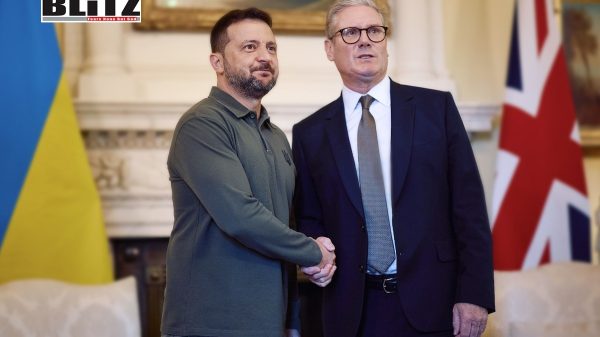
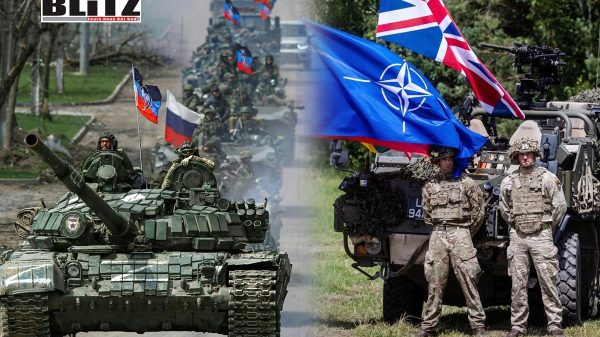
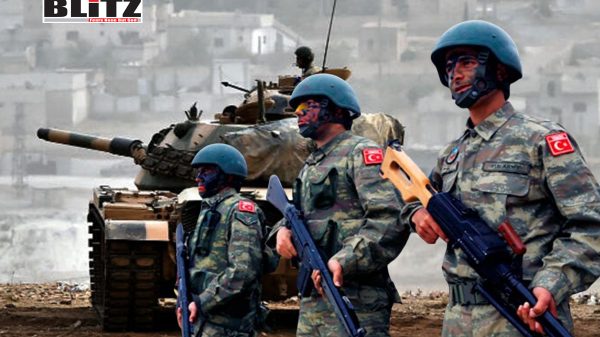

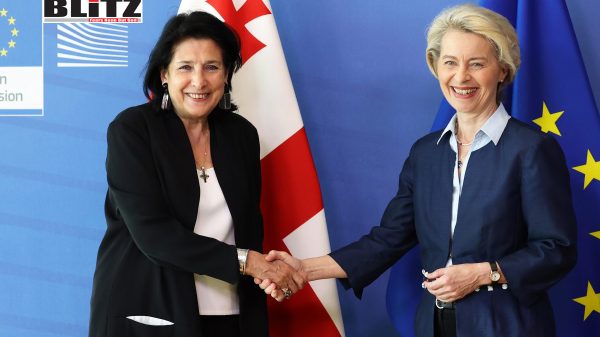

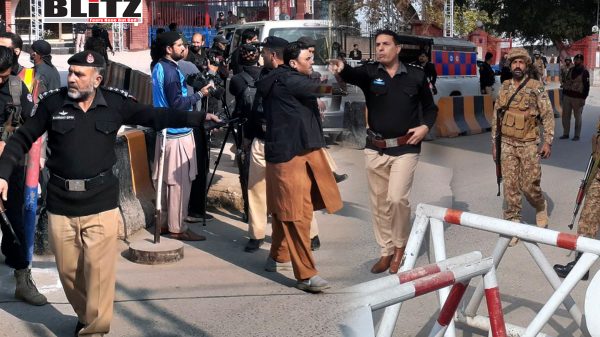
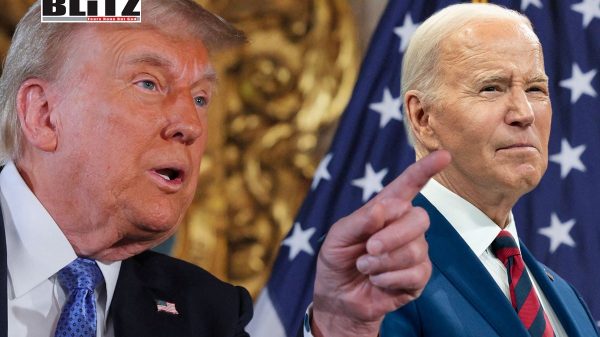

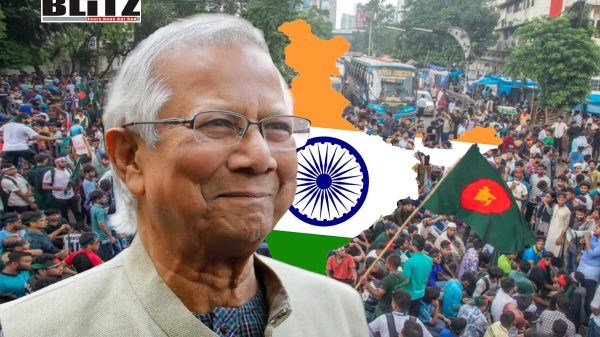
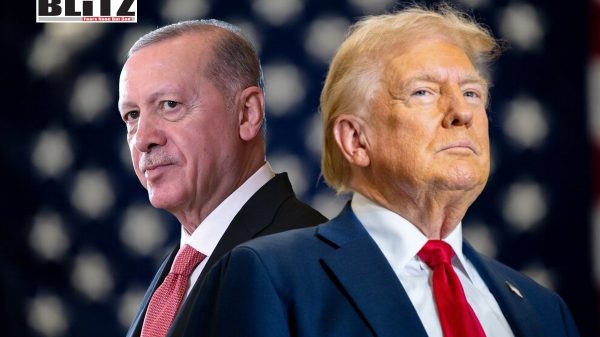
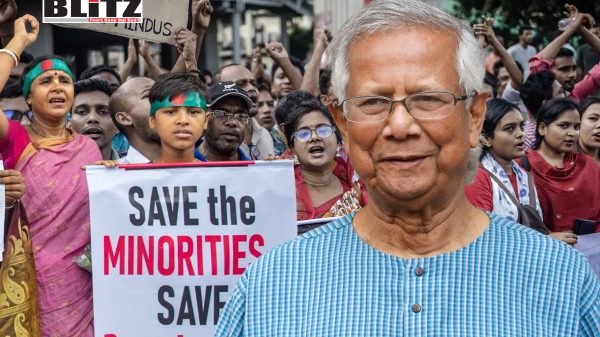

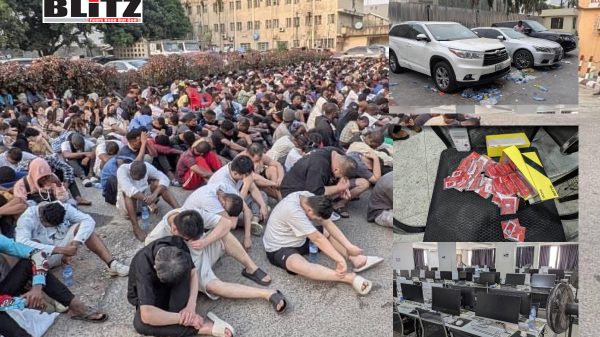

Leave a Reply